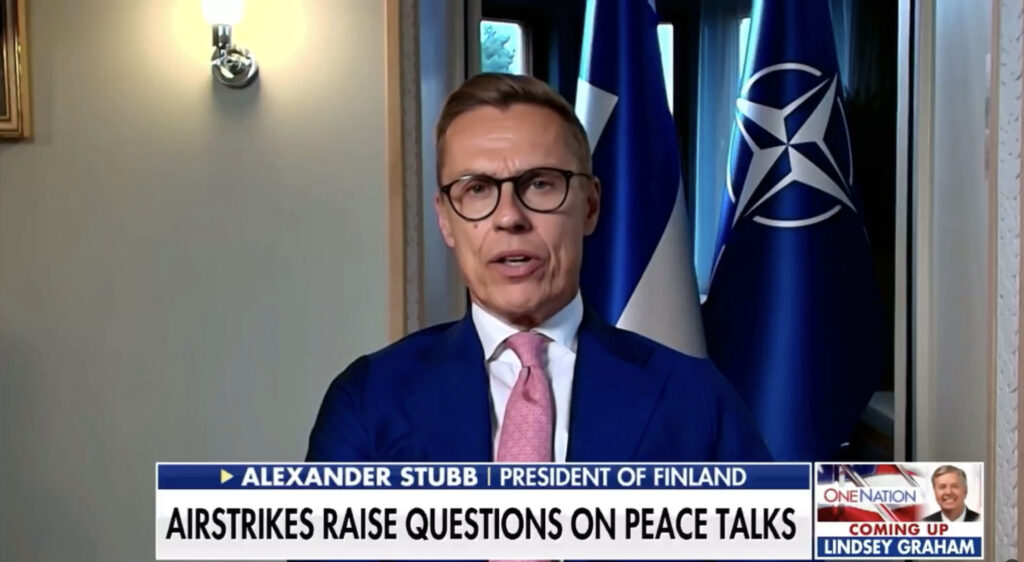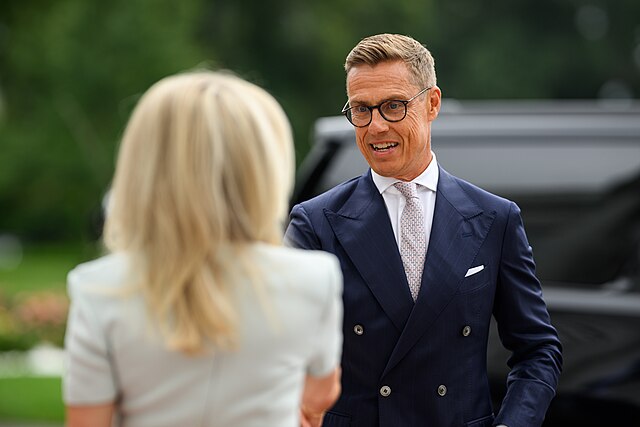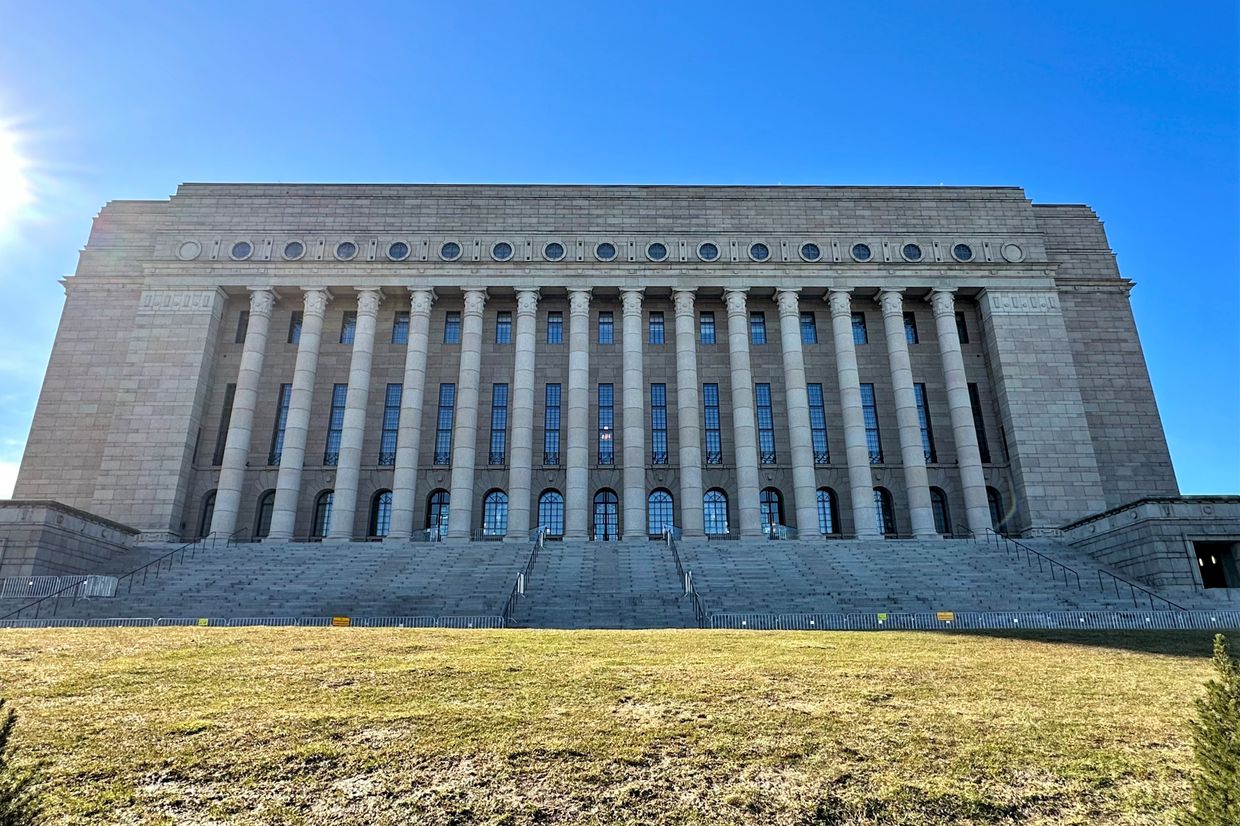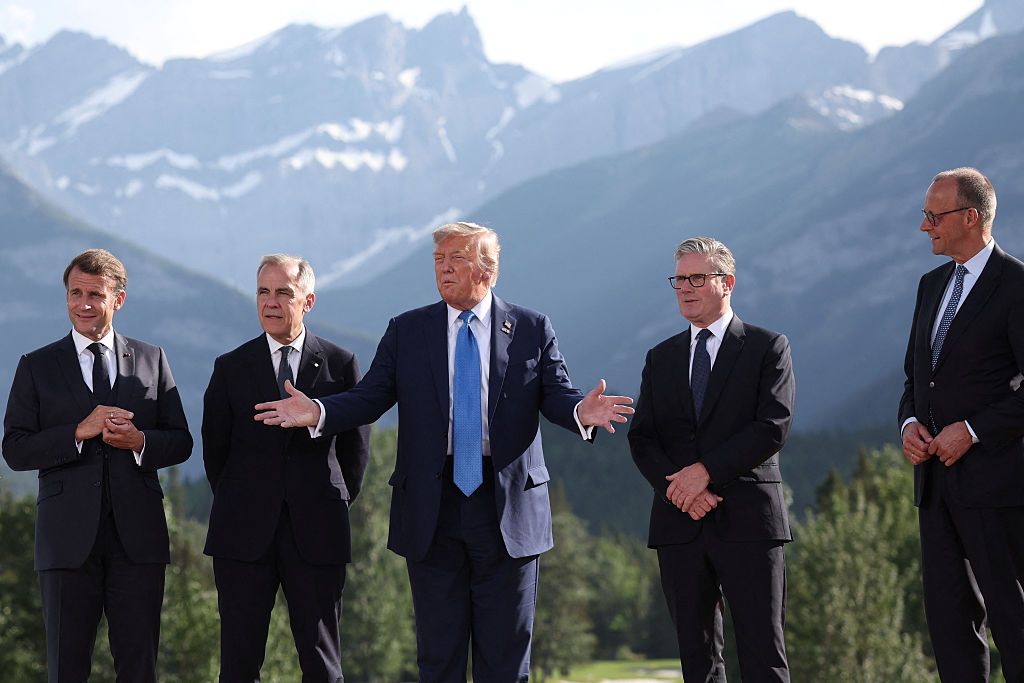
Russia knows its demands are impossible. That’s the point.
Finnish President Alexander Stubb spelled this out during a Fox News interview, describing Moscow’s approach as calculated theater.
“That’s typical Russian negotiation tactics,” Stubb told the One Nation program. “You say one unacceptable thing at the beginning and then you start retracting. It happens all the time.”
Imagine giving up American territories to Russia
Stubb offered American viewers a stark comparison to grasp what Russia actually wants from Ukraine. Picture the US surrendering Florida, Georgia, South Carolina, North Carolina, Virginia, and Maryland to an adversary. Then imagine that adversary building “some kind of superhighway through which you can attack New York.”
“That’s what Putin is asking from Ukraine,” the Finnish president said.
The math on Russian progress tells its own story. After years of trying to capture the Donbas region since 2014, Russia controls 75% of the territory. But half of that came immediately at the start of the conflict. The remaining gains?
“He’s really advancing just tiny bit at a time,” Stubb noted.
The territorial comparison isn’t new to diplomatic circles. During 18 August White House talks with Trump, President Zelenskyy and European leaders used the same Florida analogy with the US President—and it resonated.
Support our media in wartime
your help fuels every story
Ukraine needs three-tier security framework
Stubb sees those recent discussions with Trump as laying groundwork for future security arrangements.
“One of the key outcomes of what I would call a successful meeting with President Trump—we started to work on the details of future security guarantees,” he said.
Stubb outlined a three-tier security framework, explaining that Ukraine would serve as its own primary defender with what he described as one of the world’s most modern and largest armies.
Europe would provide the second layer of support, while the United States would contribute some form of assistance as the third component.
But here’s Stubb’s bottom line: “It’s not going to be Russia to tell Europe or the US what they can or cannot do with security guarantees.”
On 24 August, US Vice President J.D. Vance told NBC News that Russia will inevitably have “some stake” in security guarantee discussions for Ukraine, arguing that Moscow’s participation is necessary since they are “the critical party necessary to stop the killing.”
Vance also reaffirmed that American military personnel will not be deployed to Ukraine, but indicated that Washington would maintain an active role in Ukrainian security alongside European nations who would take on significant responsibilities.




